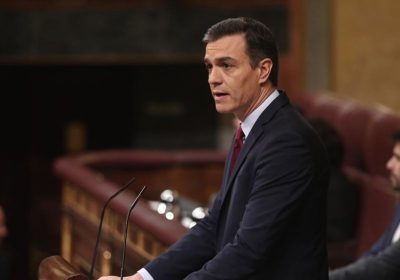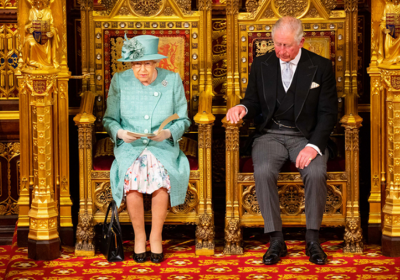Sir, I have now executed the task which my public duty imposed upon me. I trust I have said nothing which can lead to the revival on the present occasion of those controversies which I have deprecated. Whatever opinions may be held with regard to the extent of the danger with which we were threatened from the failure in one great article of subsistence, I can say with truth that Her Majesty’s Government, in proposing those measures of commercial policy which have disentitled them tot the confidence of many who heretofore gave them their support, were influenced by no other motive than the desire to consult the interests of this country. Our object was to avert dangers which we thought were imminent, and to terminate a conflict which, according to our belief, would soon place in hostile collision great and powerful classes in this country.
The maintenance of power was not a motive for the proposal of these measures, for, as I said before, I had not a doubt, that whether these measures were accompanied by failure or success, the certain issue must be the termination of the existence of this Government. It is, perhaps, advantageous for the public interests that such should be the issue. I admit that the withdrawal of confidence from us by many of our friends was a natural result. When proposals are made, apparently at variance with the course which Ministers heretofore have pursued, and subjecting them to the charge of inconsistence-it is perhaps advantageous for this country, and for the general character of public men, that the proposal of measures of that kind, under such circumstances, should entail that which is supposed to be the fitting punishment, namely, expulsion from office. I, therefore, do not complain of that expulsion. I am sure it is far preferable to the continuance in office without a full assurance of the confidence of this House. I said before, and I said truly, that in proposing our measures of commercial policy, I had no wish to rob others of the credit justly due to them. I must say, with reference to honourable Gentlemen opposite, as I say with reference to ourselves, that neither of us is the party which is justly entitled to the credit of them. There has been a combination of parties generally opposed to each other, and that combination, and the influence of Government, have led to their ultimate success; but the name which ought to be associated with the success of those measures is not the name of the noble Lord [Lord John Russell], the organ of the party of which he is the leader, nor is it mine. The name which ought to be, and will be, associated with the success of those measures, is the name of one who, acting, I believe, form pure and disinterested motives, has, with untiring energy, made appeals with an eloquence the more to be admired because it was unaffected and unadorned; the name which ought to be chiefly associated with the success of those measures, is the name of RICHARD COBDEN.
Sir, I now close the observations which it has been my duty to address to the House, thanking them sincerely for the favour with which they have listened to me in performing this last act of my official career. Within a few hours, probably, that power which I have held for a period of five years will be surrendered into the hands of another-without repining-without complaint on my part -with a more lively recollection of the support and confidence I have received during several years, than of the opposition which during a recent period I have encountered.
In relinquishing power, I shall leave a name, severely censured I fear by many who, on public grounds, deeply regret the severance of party ties — deeply regret that severance, not from interested or personal motives, but from the firm conviction that fidelity to party engagements-the existence and maintenance of a great party-constitutes a powerful instrument of government: I shall surrender power severely censured also, by others who, from no interested motive, adhere to the principle of protection, considering the maintenance of it to be essential to the welfare and interests of the country: I shall leave a name execrated by every monopolist who, from less honourable motives, clamours for protection because it conduces to his own individual benefit; but it may be that I shall leave a name sometimes remembered with expressions of good will in the abodes of those whose lot it is to labour, and to earn their daily bread by the sweat of their brow, when they shall recruit their exhausted strength with abundant and untaxed food, the sweeter because it is no longer leavened by a sense of injustice.















